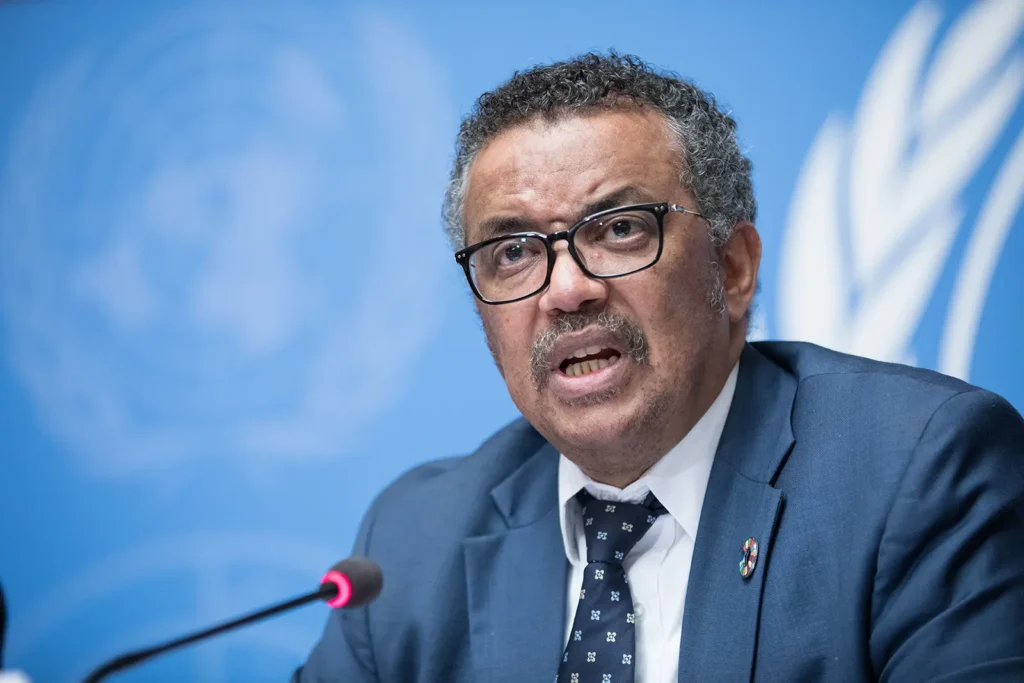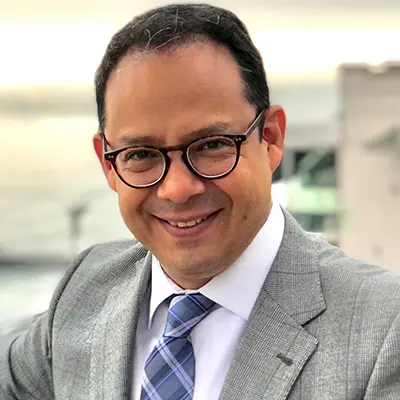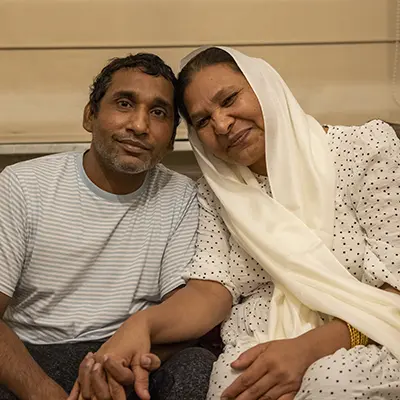The pandemic treaty must robustly protect national sovereignty and freedom of speech
UPDATE 10 May 2024: Currently, the WHO Pandemic Treaty negotiations have halted without a draft agreement. ADF International continues to engage in discussions surrounding the Agreement to ensure that fundamental freedoms, including the right to freedom of speech, are not undermined.


International treaties are legally binding agreements where states commit to certain obligations. The hotly contested WHO pandemic treaty aims to establish binding norms holding countries accountable for managing future pandemics.
The WHO pandemic treaty has significant implications for human rights and fundamental freedoms. If adopted, it will govern states’ efforts to prevent, prepare for, and respond to the next pandemic.
The pandemic treaty remained under negotiation until May while pressure mounted to finalize it by June 2024. All concerned with protecting human rights should be wary of the inclusion of new binding obligations on states that could restrict freedom of expression.
What is the Pandemic Treaty and What is the WHO’s Role?
Because of the challenges presented by the COVID-19 pandemic, in December 2021, WHO Member States formed an intergovernmental negotiating body tasked with drafting and negotiating a legally binding instrument. The body focused on improving pandemic prevention, preparedness, and response. Brazil, Egypt, Japan, the Netherlands, South Africa, and Thailand comprise the bureau tasked with ushering the pandemic treaty through to completion.
ADF International is uniquely positioned as international human rights law experts with a permanent presence at the UN. As legal advocates, we provide international human rights analysis with the goal of ensuring that Member States adopt a treaty that promotes and in no way diminishes fundamental freedoms. We assist negotiating states and other stakeholders in understanding the human rights implications of relevant treaty provisions. This proceeds throughout the drafting process.
Safeguarding Freedom of Speech in the WHO Pandemic Treaty
Previous drafts raised concerns that the WHO pandemic treaty could diminish the basic human right to freedom of expression robustly enshrined in international law. Various versions of the text required parties to manage pandemic-related information in a manner that could undermine the internationally protected right to seek, receive, and impart information of all kinds. Effectively, it would give state authorities broad leeway to impose potentially sweeping restrictions on freedom of speech.
In particular, initial pandemic treaty drafts required states to manage so-called ‘infodemics’, defined as, among other things, “too much information…during a disease outbreak”. These so-called ‘infodemics’ cause ‘confusion’ and lead to “mistrust in health authorities”.
More recent drafts also mandated that parties ‘combat’ and ‘prevent’ misleading information, misinformation, and disinformation. This includes “international collaboration and cooperation,” all without offering definitions for these concepts or specifying the actions required from states to fulfill these obligations.
You are currently viewing a placeholder content from YouTube. To access the actual content, click the button below. Please note that doing so will share data with third-party providers.
More InformationWhy We Need Robust Safeguards
Safeguarding freedom of speech during complex health emergencies such as pandemics cannot be overstated. The WHO acknowledged that “one of the difficulties with any new pathogen […] is that information changes over time as we learn about the science”. The COVID-19 pandemic made clear the importance of free and open information sharing. Information deemed disinformation may, in fact, be valid.
Further, open debate and scrutiny are essential for assessing the effectiveness and lawfulness of any action authorities take. Why? Because fostering trust in public health measures and authorities is crucial.
However, WHO director-general Tedros Ghebreyesus recently described the pandemic treaty’s implications for personal freedoms as “a torrent of fake news, lies, and conspiracy theories”. This regrettable dismissal validates the fear that important debates might be stifled under the guise of protecting the public from information.
ADF International’s Response to the Pandemic Treaty and 'Infodemics'
ADF International engages in Member State WHO pandemic treaty discussions. Our advocacy goal is to ensure its provisions do not undermine fundamental freedoms like free speech. We alerted governments and key stakeholders about the risk that the protection standard for freedom of expression could be significantly lowered.
States are responsible for providing access to timely, transparent, and accurate health-related information. This duty must be recognized without becoming a pretext for censoring lawful speech to shield the public from arbitrarily labeled ‘misinformation’ or ‘disinformation’.
In doing so, we identified the following legal issues in the draft:
- A critical lack of definitions and clarity concerning the issues to be addressed such as ‘infodemics’, ‘misleading information’, ‘misinformation’, and ‘disinformation’. Plus, the specific actions required from state parties like ‘managing’, ‘preventing’, and ‘combating’.
- The potential for fragmented and arbitrary implementation of the treaty’s mis- and disinformation-related provisions.
- An unacceptable chilling effect, whereby the vagueness of the treaty’s provision could deter individuals from engaging in lawful speech, which itself is a human rights violation.
Successful Revisions
We recommended that Member States reject provisions drafted to undermine freedom of expression whether implicit or explicit. States should always remain vigilant and protect fundamental rights, especially during public health crises.
These global advocacy efforts yielded fruit. Language on ‘infodemic’ management was removed. The most recent proposal for the WHO pandemic treaty also removed vague mandates for parties to combat or prevent misinformation and disinformation. In a significant shift, the current text no longer contemplates imposing sweeping restrictions on freedom of speech to address these phenomena. Instead, it recognizes the importance of building trust and ensuring timely, transparent, accurate, science- and evidence-informed information.
Conclusion: Any Pandemic Treaty Must Keep Speech Free
The freedom to seek, receive, and impart information and ideas of all kinds is core to freedom of expression. And it’s robustly protected under international law. Therefore, upholding both public health and freedom of expression is achievable. States must counter any efforts to diminish protections for freedom of expression. States must also safeguard all fundamental freedoms as the WHO pandemic treaty nears its potential adoption.







